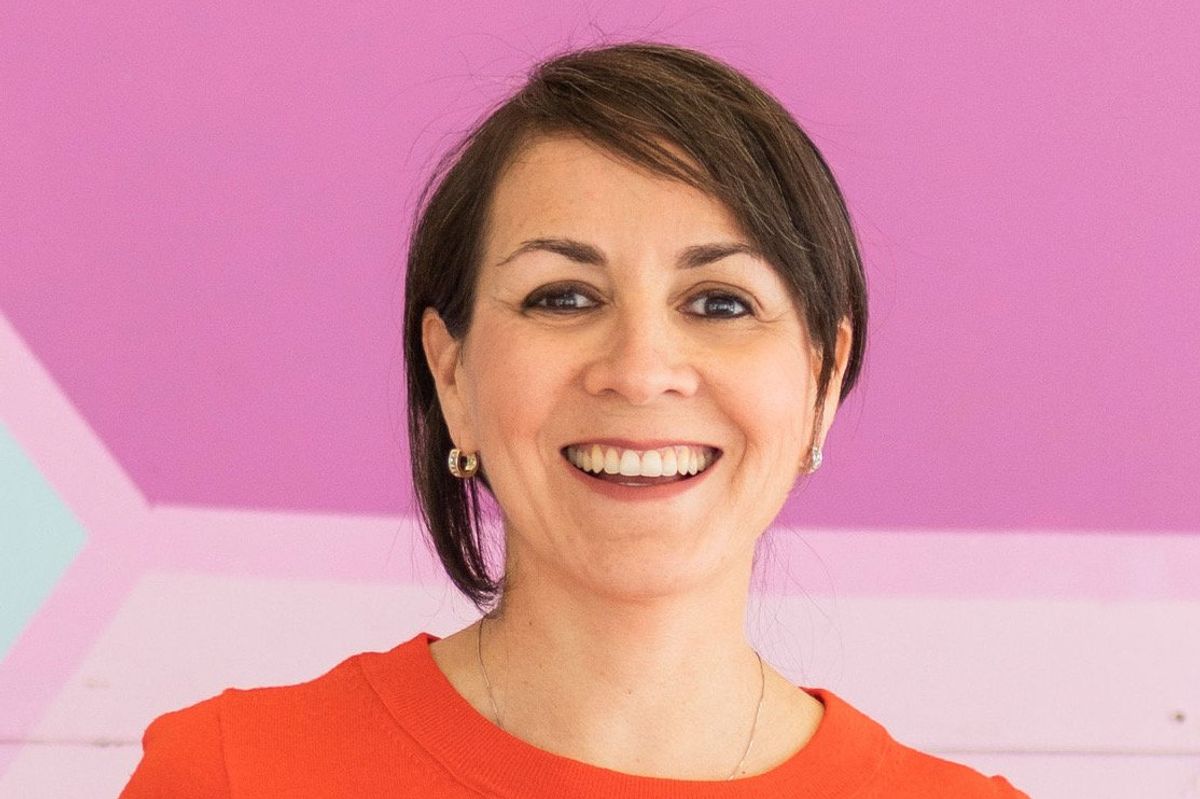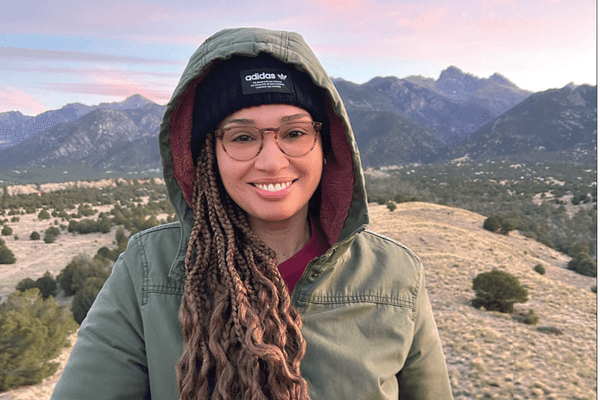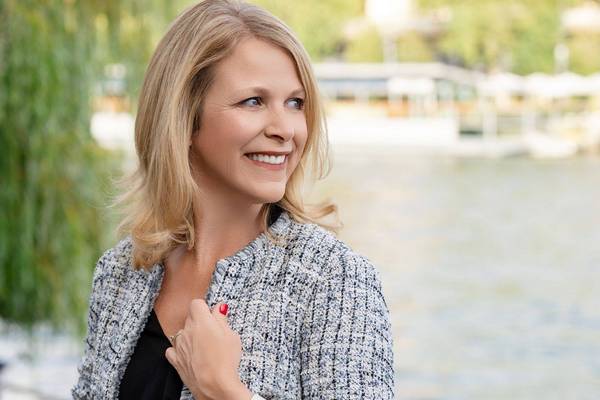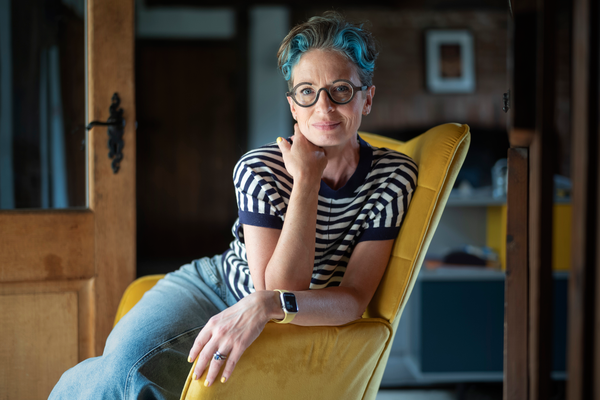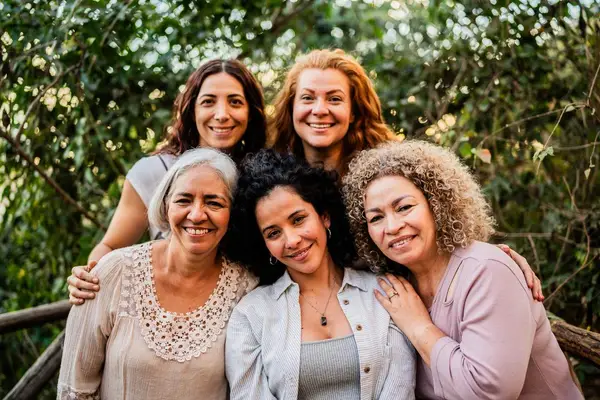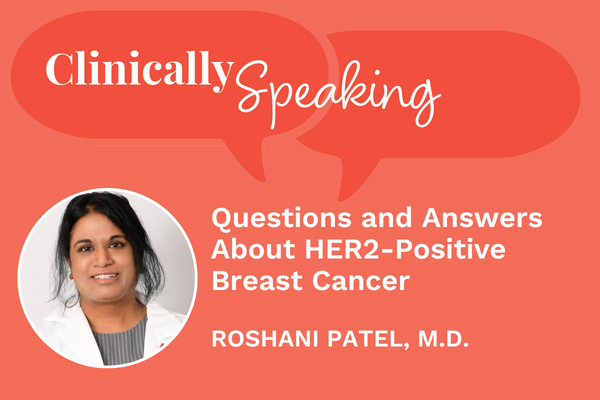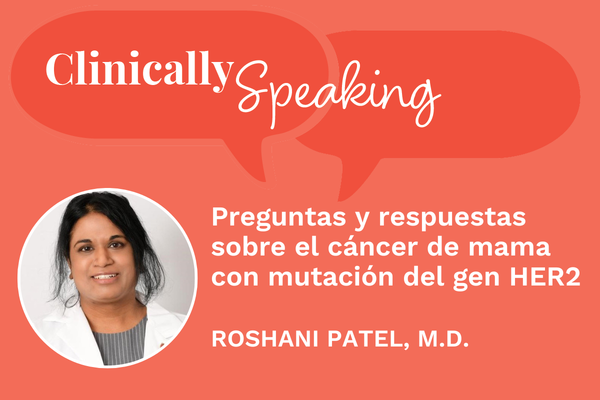As told to Erica Rimlinger
I had my first mammogram at age 35 — my doctor started screening me early because of my family’s cancer history. That mammogram came back clear. Just 12 months later, when I went for my next mammogram, it revealed a large, rapidly growing tumor that had already reached stage 3A and spread to my lymph nodes.
I was 36 years old and had been living in the United States for just 14 months. I now had breast cancer and a lot of questions to ask in a language I didn’t know well. In addition, my husband, young daughter and I had just moved from Texas to California. I had no family, no friends and no support system in my new state.
The separation from my family hurt: my father was in Mexico, in hospice for his cancer. Because of my illness, I couldn’t go to him, and because of his illness, other family members couldn’t visit me.
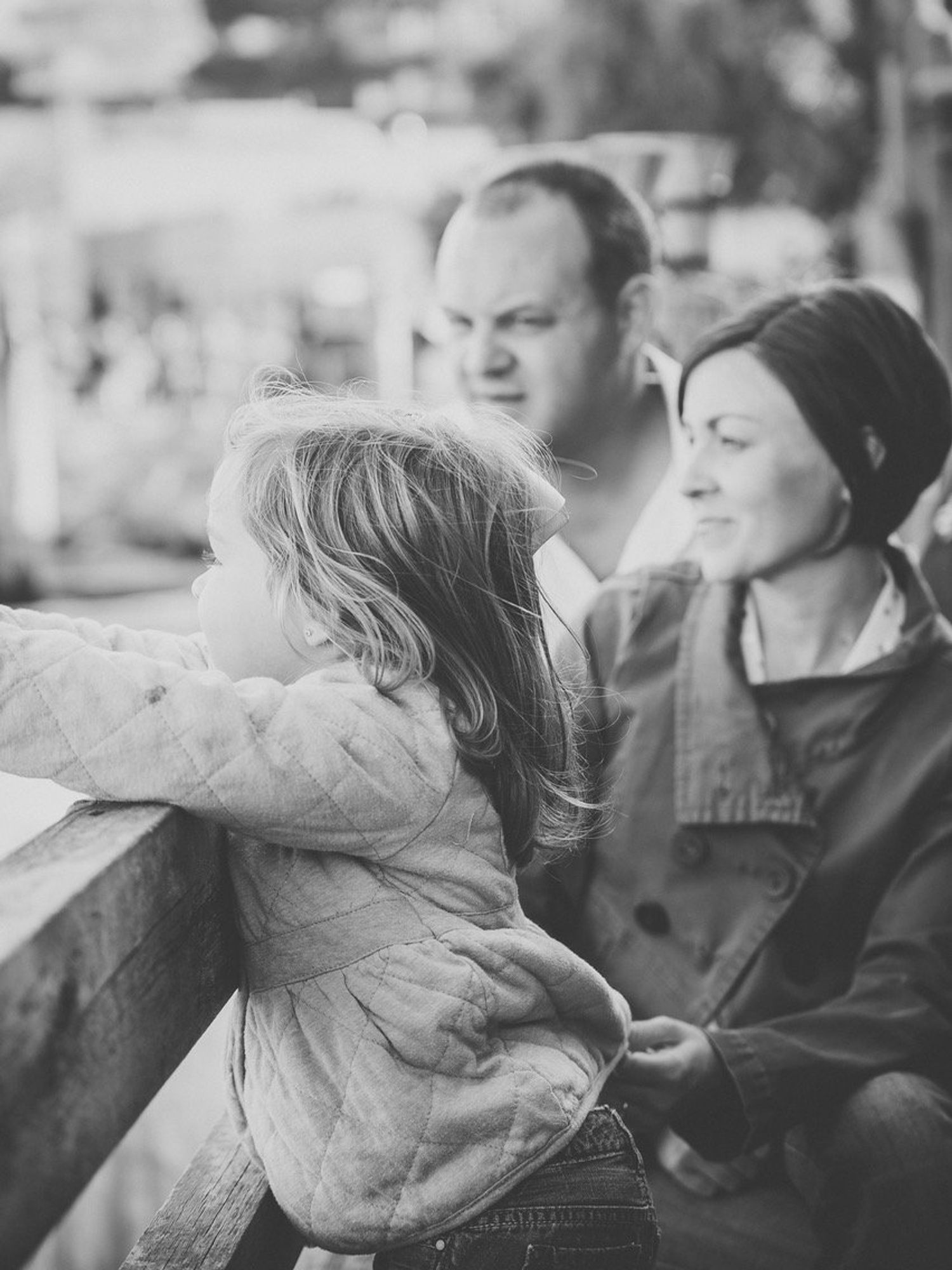
Life was speeding faster than I thought possible. Within one week of my diagnosis, I started chemotherapy. My culture shock was now overshadowed by the shock of being launched into cancer treatment. But even then, I fully understood my advantages and privileges in this situation. I had insurance. I had my husband to help translate medical terms for me, and I had a great team of caregivers that included an oncologist, a surgeon, a spiritual director, a psychologist and a nutritionist. I especially appreciated my medical center’s holistic approach to care because it allowed me to approach treatment as an opportunity to learn about health and wellness practices I could start right away.
Genetic testing didn’t link my cancer to a specific gene, but through the hospital’s education staff and my own curiosity, I learned about the role lifestyle factors can play in cancer risks. I learned how to eat better and how to cope with chemotherapy and radiation through meditation and massage. I also picked up more English each day and learned how to use my new language to advocate for myself. I carefully selected my care team to fit my outlook and approach to treatment. It wasn’t easy to say, “I’d like a different surgeon to do my surgery,” in any language, but by speaking up for myself with respect and humility, my care team responded.
During my chemotherapy, my father passed away from his cancer. I’ve heard people describe cancer as fighting a battle, but I don’t like thinking of my experience, or my family’s experience, in these aggressive terms. To me, cancer was part of my life, and part of our family’s story. It was difficult of course. As I grieved my father, I lost my hair, lost weight, became anemic and learned I’d have a double mastectomy and would have to remove my ovaries. I also found out that I’d have radiation and need to be on hormone therapy for years, maybe forever.
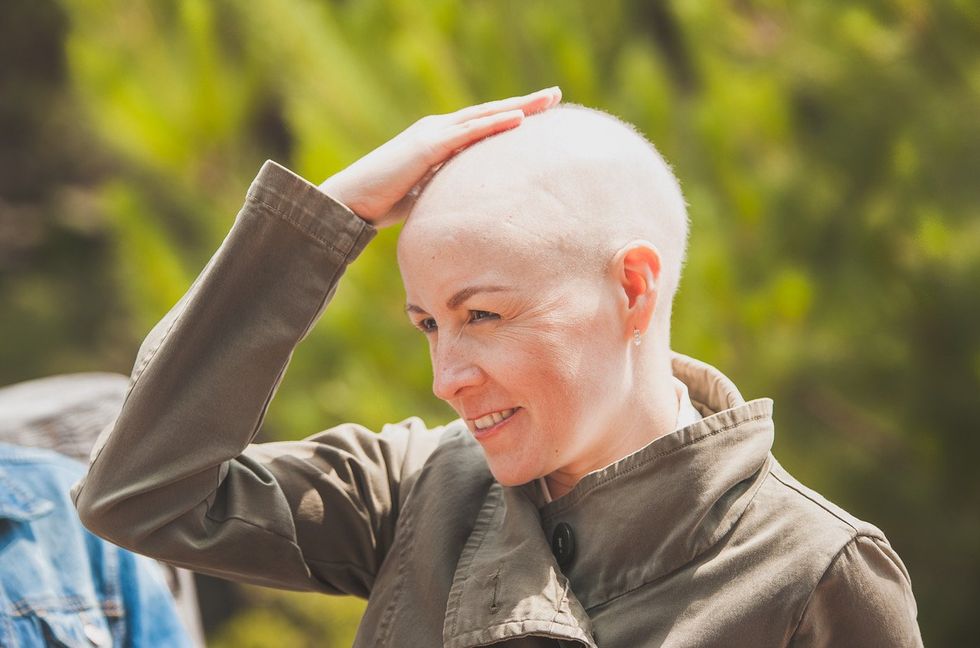
I wasn’t interested in “fighting” through these treatments: I wanted to help them succeed. Just as I did when I moved to this country, I wanted to learn everything I could about my new situation. This was my life now. I could fight it or embrace it. I embraced it, and looked for the lessons.
There were plenty to learn. First, I learned cancer is the leading cause of death for Hispanic people in the United States. As the fourth member of my immediate family to get cancer (after my grandmother, mother and father), this was not surprising to me.
To keep myself busy, and sane, during long treatments I started a blog that I called “ Rosa es Rojo.” In English, it means “pink is red.” I felt breast cancer’s trademark color didn’t represent me. To me, red means passion and strength. I needed strength, and through my blog, I found I was creating it for myself and others. I wrote to heal, and to share what I was learning as I launched into a new, healthier lifestyle. I’m a curious person, and I love to study and learn. As I researched topics like wellness, exercise, nutrition, positive mindset and forgiveness as ways to create good health practices for my mind and body, I was also creating, I realized, a community.
Two years after my diagnosis, I moved back to Texas with my family, stronger in my mind and body than I’d ever been. I expanded my blog into a nonprofit health community for Hispanic women in the U.S. We offer classes, workshops, podcasts, virtual and in-person mentoring programs, and apps to deliver wellness education.
My first goal was to expand the community I created when I needed one the most and reach deeper into the Hispanic community. As we continue to reach out, my next goal is to develop a healthier and more resilient Hispanic community. We need our health, and we need each other to be strong and live vibrant, full lives. The journey to learn these lessons wasn’t easy, but I view my cancer experience as a gift and a privilege — one that continues to enrich my life in unexpected ways and open my heart to new adventures.
This resource was created with support from Merck.
Have a Real Women, Real Stories of your own you want to share? Let us know.
Our Real Women, Real Stories are the authentic experiences of real-life women. The views, opinions and experiences shared in these stories are not endorsed by HealthyWomen and do not necessarily reflect the official policy or position of HealthyWomen.
- Metastatic Breast Cancer Treatment Was Destroying My Spirit — Until I Tapped Into My Colombian Roots and Alternative Medicine ›
- Supporting a Friend Who Has Breast Cancer ›
- Real Women Real Stories: Breast Cancer Awareness with Cherrod Pate, Kristen Zarfos and Missy Peters ›
- What You Need to Know About Menopause and Breast Cancer ›
- I Was Searching for a Miracle Cure for My Breast Cancer. I Found Hope Instead. ›
- Fighting Breast Cancer My Way - HealthyWomen ›

